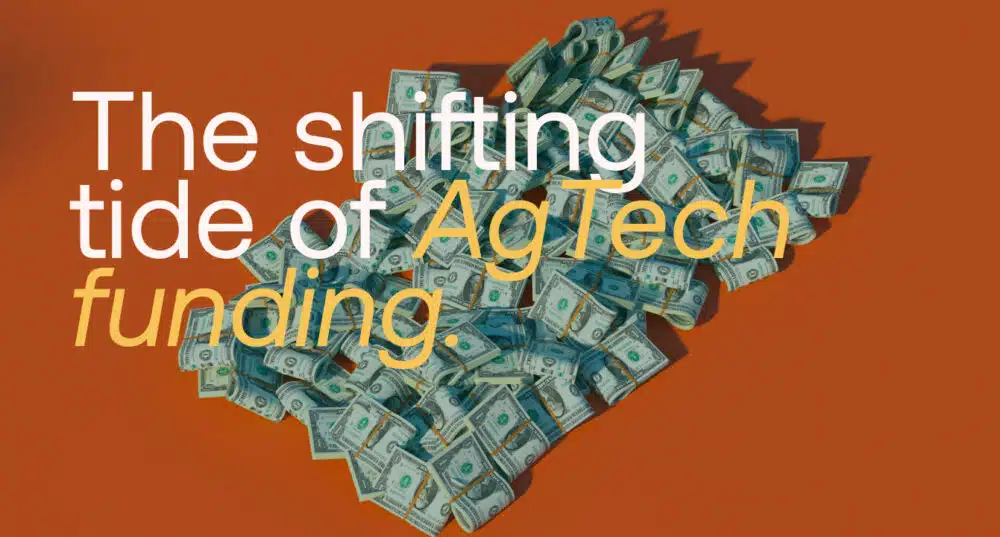

The World Agri-Tech summits in 2024 showcased a noticeable shift in investor sentiment—capital is flowing back into agriculture, but with new dynamics. The summit brought together a diverse mix of venture capitalists, institutional investors, and corporate partners, revealing that interest in ag-tech and sustainable farming is growing beyond traditional boundaries.
After some uncertainty in previous years, investors are starting to regain confidence in agriculture technologies. Many discussions at the summits indicated that lessons learned from earlier disruptions in 2023-24 are now driving smarter investments. Companies and investors alike are focusing on long-term, high-impact solutions that align with environmental and economic sustainability goals. This strategic shift reflects not only market recovery but also recognition that agriculture can play a transformative role in addressing climate challenges and food security issues.
Non-traditional players, including big tech firms, insurers, and banks, are becoming increasingly involved in the ag-tech space. This expanded interest suggests that agriculture is no longer just a consumer of solutions but an agent of change capable of driving technological and financial innovations across multiple industries. For example, start-ups showcased at the event demonstrated solutions that span autonomous farming, soil health, and carbon markets, which align with broader sustainability targets.
Venture capital firms highlighted the importance of patience and long-term thinking when investing in agriculture technology. As these technologies typically require several years to scale, investors are shifting from short-term returns to long-term compounding value. This approach aims to sustain innovation through challenging phases, ensuring that companies can mature and demonstrate meaningful progress over time.
The rise of collaborative financing models—where investments are tied to sustainability goals—was another prominent theme. Investors and corporate leaders emphasized the need to integrate financing with sustainability incentives, such as carbon credits and regenerative farming initiatives. This trend reflects a broader push towards decarbonization across the supply chain and creates new opportunities for agricultural businesses to access capital.
The summits also highlighted that start-ups and scale-ups have become central to this ecosystem, with more than 60 start-ups participating across events, showcasing innovations in digital agriculture, robotics, and microbial technologies. These innovators are driving the next wave of agricultural solutions, focusing on scalability and environmental impact.